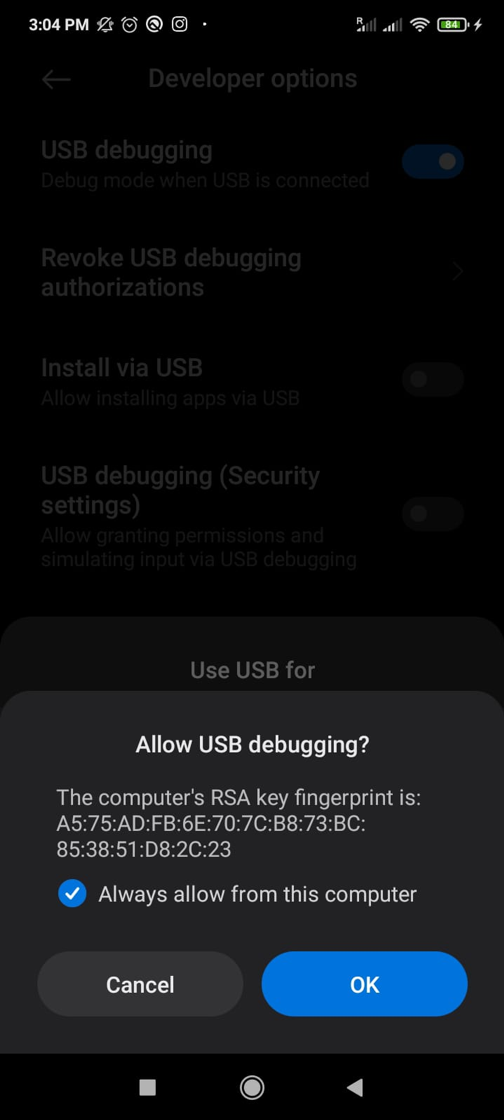

Setting their anthemic, guitar-driven roots in large part aside, the band immersed itself in the abrasive tonalities and complex rhythms that spanned avant-gardes, from kosmische to free jazz, ambient to lately insurgent electronica.

Instead, between January 1999 and April 2000, Radiohead stripped their sound to its foundations, and then shifted those foundations altogether. The band’s disillusionment is palpable in the intermittent efforts to follow up OK Computer: the tap of stadium-sized melancholy has turned off, the golden goose would prefer not to lay. He looks exhausted and fragile, wandering from terminal to television station, searching for a stage exit in vain. You can see it afflicting Thom Yorke like an allergy of the soul in Grant Gee’s Meeting People Is Easy (1998). Radiohead had sensed this shift in real time. The entertainment-industrial complex, newly engorged by the Telecom Act of 1996 and the ascendant deregulatory regime, had proven adept at absorbing its opposite, detourning the ‘alternative’ signifiers of the counter-culture into yet another brand in its megacultural portfolio.

The grunge explosion of the early ‘90s had revealed itself as another round of corporate enclosure, its network of independent, semi-autonomous labels and scenes broken up and bought off, its disaffection processed and shipped, first as commodity, then as cliché. We can see now, of course, that what appeared to be another tectonic shift in the fabric of the mainstream-hardly ten years after Nevermind-was only a closing of the loop. How could an album like Kid A make its way to the top of the transatlantic charts, in this life or any other? From the vantage of 2021, it seems like a cosmic joke. In hindsight, the most transformative events only come to seem more unlikely.


 0 kommentar(er)
0 kommentar(er)
